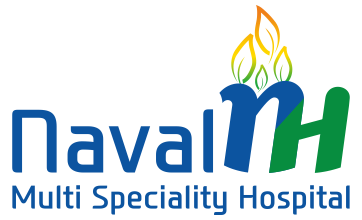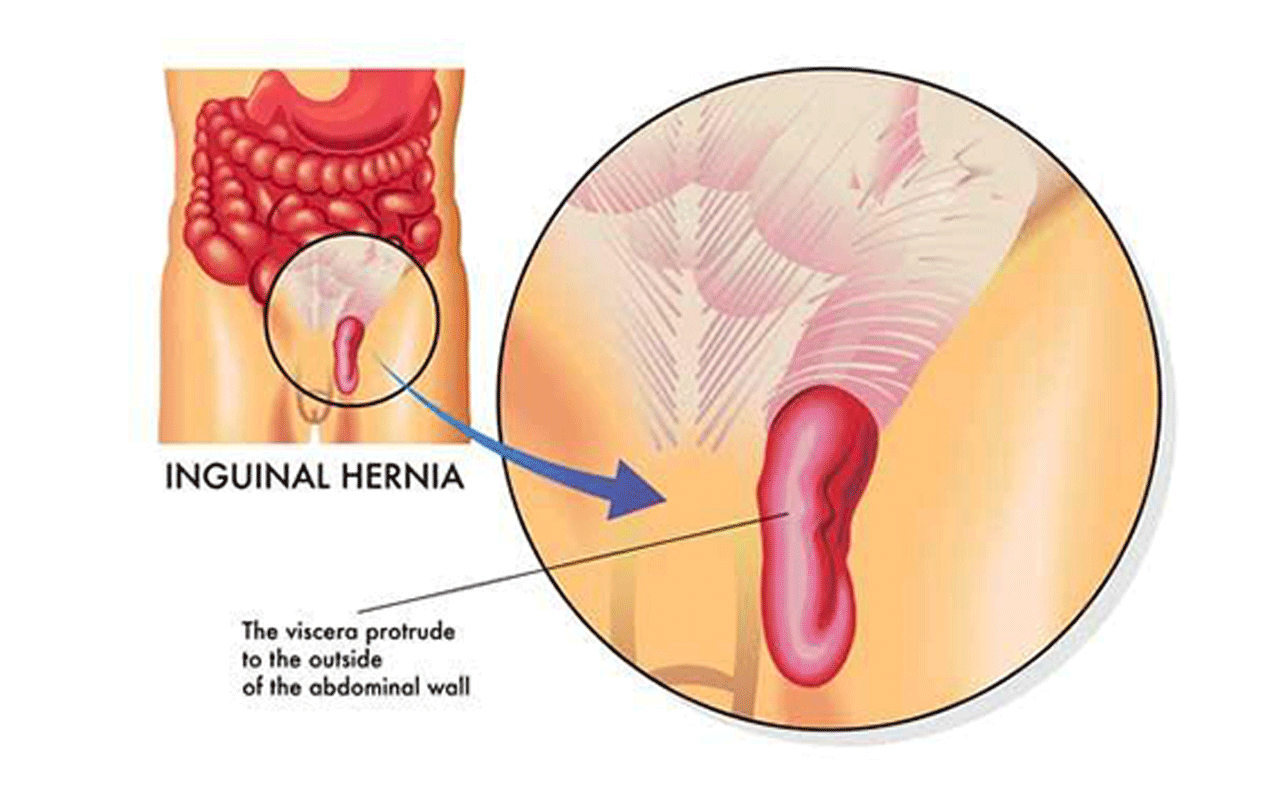Hernia is a commonly seen condition and can occur in both males and females. Hernias develop due to heavy strain on the abdominal wall, or due to aging, weakness, injury or an old incision. It can develop at any age and can cause the abdominal wall to tear or seperate. In such conditions, instead of open surgery, laparoscopic repair is done to fix the torn walls using small incisions and a mesh to patch up the torn areas.
In this procedure, two to four small incisions are made through the abdominal wall and a laparoscope with attached camera and light is passed inside the abdominal cavity through the incisions. Like other procedures, the hernia is viewed in the monitor and the abdominal cavity is inflated using carbon dioxide to give a clearer view of the affected area. The hernia defect is then covered with mesh from within the abdomen to give a patch and stapled. These procedures are done in three ways:

